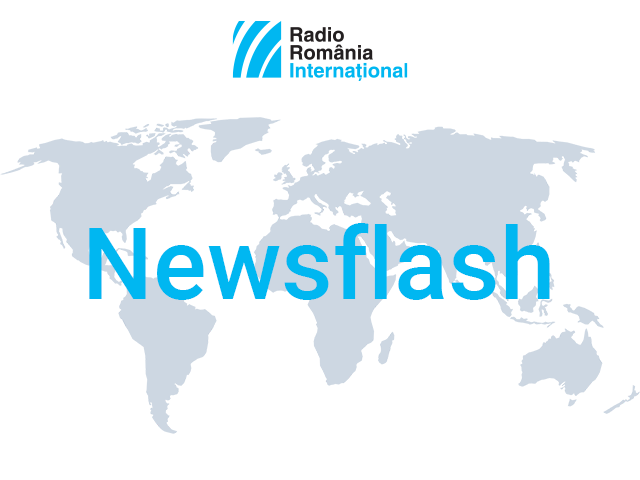Measures – The measures to cap and compensate for the energy price will remain active in Romania in the formula necessary to protect citizens and the economy, the Prime Minister Nicolae Ciucă informed, during the first meeting of the Interministerial Committee for ensuring energy resilience and implementing energy infrastructure projects. According to a press release, the prime minister established an action plan to ensure predictability from the point of view of energy production, as well as from a budgetary point of view. At the request of the Prime Minister, the Energy Ministry will present, on August 22, the situation of the investment programs in the production capacities, both of the state companies and in those developed by the private sector. We remind you that electricity and natural gas prices increased with the complete liberalization of the market, in January 2021.
Visit — The Romanian Foreign Minister, Bogdan Aurescu, will pay a visit to Prague on Thursday, at the invitation of his counterpart, Jan Lipavsky, in the context of the Czech Republic holding the presidency of the EU Council. According to a Foreign Ministry press release, the discussions will focus on Romanian-Czech cooperation within the EU, with an emphasis on coordinating the two states’ stands. The visit is an important opportunity for boosting bilateral political dialogue and intensifying economic cooperation. Bogdan Aurescu and Jan Lipavsky will address current topics on the regional, European and security agenda, including the multiple consequences of the illegal war of the Russian Federation against Ukraine. The two ministers will also discuss the cooperation of the two states within NATO and the implementation of the decisions of the Madrid Summit, especially regarding the consolidation and efficiency of the deterrence and defense posture on the Eastern Flank, including in the run up to the meeting of the NATO countries’ foreign ministers. The meeting will be hosted by Romania in Bucharest at the end of November.
Statistics – The Gross Domestic Product of the European Union and the Eurozone registered an increase of 0.6% in the second quarter of 2022, as compared to the previous three months, show preliminary data published on Wednesday by the Statistical Office of the European Union (Eurostat). In the first quarter of 2022, compared to the previous three months, the Gross Domestic Product registered an increase of 0.5% in the euro zone and of 0.6% in the EU. Among the EU member states for which data are available, the most significant economic growth rate in the second quarter of 2022, compared to the previous three months, was recorded in the Netherlands (2.6%), Romania (2.1%) and Sweden (1.4%). Compared to the second quarter of 2021, the GDP increased by 3.9% in the euro zone and by 4% in the European Union between April and June 2022, with all the EU member states for which data are available reporting increases. Romania registered an annual economic growth rate of 5.3% in the second quarter of 2022, after an annual growth rate of 6.4% in the first three months. The National Institute of Statistics announced that Romanias economy grew by 2.1% in the second quarter of the year, compared to the previous quarter, while compared to the similar period of 2021, the growth rate was 5.3%.
Covid — 7,500 new cases of SARS-CoV-2 infection have been registered in the last 24 hours, 3,900 more than the previous day, the Health Ministry announced on Wednesday. 274 patients are in intensive care, most of them unvaccinated. In the last 24 hours, 42 deaths were reported in COVID patients. We remind you that Romania has not imposed any coronavirus pandemic-related restrictions since March 9 this year. The first case of infection with SARS-CoV-2 was declared at the end of February 2020 and, for about two years, there have been five pandemic waves resulting in almost 2.8 million infections, 2.6 million recoveries and about 65 thousand deaths associated with Sars-CoV-2.
Swimming — The Romanian swimmer David Popovici, world and European champion in the 100m and 200m freestyle events, withdrew from the 400m freestyle final, scheduled for Wednesday evening at the European Swimming Championships in Rome, according to a Facebook post of the Romanian Swimming Federation. A few hours ago, Popovici, 17 years old, had qualified with the fourth time of the heats to the 400m freestyle final. The busy schedule of the next period, the very great effort that he would have made in the final and his wish to prepare as well as possible for participation in the World Junior Championship in Lima are the reasons behind this decision, Romanian Swimming Federation sources pointed out. (LS)

